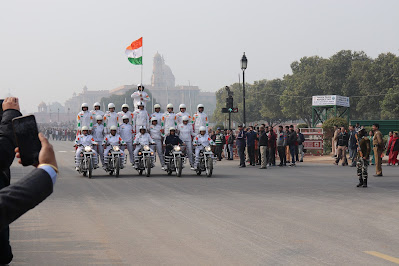Independence day
Independence day specials wishes
When celebrate Independence Day?
Independence Day is celebrated annually on 15 August as a public holiday in India commemorating the nation's independence from the United Kingdom on 15 August 1947, the day when the provisions of the Indian Independence Act, which transferred legislative sovereignty to the Indian Constituent Assembly, came into effect.
- Vande Mataram" - Bankim Chandra Chattopadhyay
 |
| Bankim Chandra Chattopadhyay |
- Swaraj Mera
Janamsiddh adhikar hai, aur main ise lekar rahunga" - adopted by Bal
Gangadhar Tilak
- Jai Jawaan, Jai Kisaan" - Lal Bahadur Shastri
 |
| Lal Bahadur Shastri |
- Tum mujhe khoon do, main tumhe aazadi dunga” - Netaji Subhash Chandra Bose
 |
| Netaji Subhash Chandra Bose |
- Do or die' (Karo Ya Maro) - Mahatma Gandhi
 |
| Mahatma Gandhi |
- Sarfaroshi
Ki Tamanna, Ab hamare dil mein hai" - Ramprasad Bismil

Ramprasad Bismil - Dushman ki goliyon ka hum samna karenge, Azad
hee rahein hain, Azad hee rahenge" - Chandra Shekhar Azad

Chandra Shekhar Azad - Maro Firango
ko" - Mangal Pandey

Mangal Pandey - Simon
Commission Go back" - Lala Lajpat Rai

Lala Lajpat Rai - Sampoorna
Kranti (Total Revolution) - Jai Prakash Narayan

Jai Prakash Narayan
How British does
ruled in India.
European traders had established outposts in the Indian
subcontinent by the late 17th century. Through overwhelming military strength,
the East India Company fought and annexed local kingdoms and established
themselves as the dominant force by the 18th century. Following the Indian
Rebellion of 1857, the Government of India Act 1858 led the British Crown to
assume direct control of India. In the decades following, civic society
gradually emerged across India, most notably the Indian National Congress
Party, formed in 1885. 123 The period after World War I was marked by colonial
reforms such as the Montagu–Chelmsford Reforms, but it also witnessed the
enactment of the unpopular Rowlatt Act and calls for self-rule by Indian
activists.
Before Independence
Day.
At the 1929 session of the Indian National Congress, the Purna Swaraj declaration, or "Declaration of the Independence of India" was promulgated, and 26 January was declared as Independence Day in 1930. The Congress called on people to pledge themselves to civil disobedience and "to carry out the Congress instructions issued from time to time" until India attained complete independence. Celebration of such an Independence Day was envisioned to stoke nationalistic fervour among Indian citizens, and to force the British government to consider granting independence. The Congress observed 26 January as the Independence Day between 1930 and 1946. The celebration was marked by meetings where the attendants took the "pledge of independence". Jawaharlal Nehru described in his autobiography that such meetings were peaceful, solemn, and "without any speeches or exhortation".Gandhi envisaged that besides the meetings, the day would be spent " ... in doing some constructive work, whether it is spinning, or service of 'untouchables,' or reunion of Hindus and Mussalmans, or prohibition work, or even all these together".Following actual independence in 1947, the Constitution of India came into effect on and from 26 January 1950; since then 26 January is celebrated as Republic Day.







Post a Comment